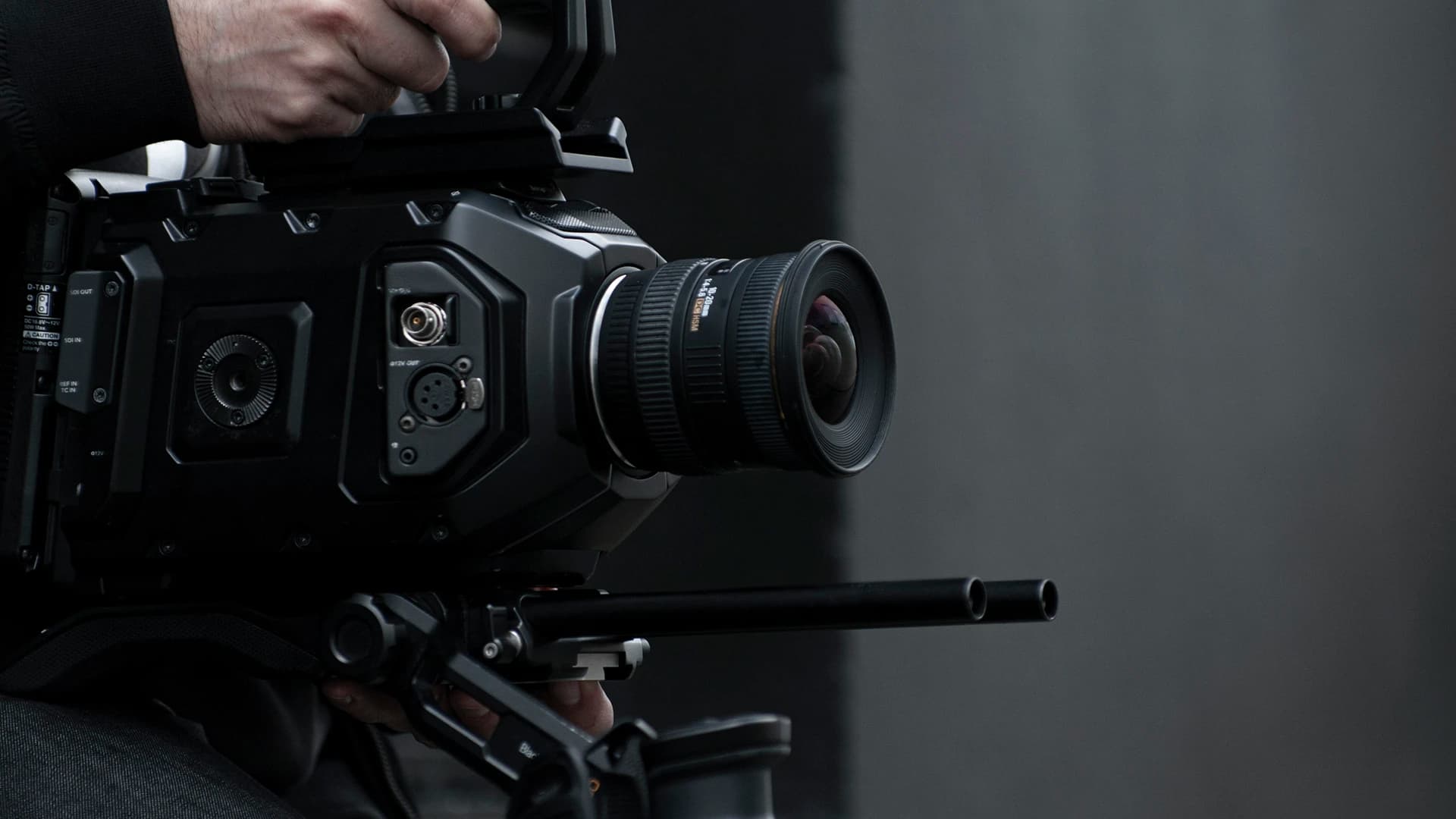High-Resolution Legal Videography for Accurate Evidence Recording.
The Duty of Legal Videography in Depositions and Tests
Legal videography has emerged as a crucial device in both depositions and tests, supplying a multifaceted method to recording witness testaments. As lawful experts significantly recognize its worth, it motivates a much deeper exam of how these aesthetic documents can influence juror assumptions and trial end results.

Value of Lawful Videography
Lawful videography plays a critical duty in the documentation and presentation of depositions and trials. This specific area incorporates technological abilities with lawful knowledge to produce a dependable record of procedures that can substantially affect instance end results. The appearance of lawful videography boosts the understanding of witness testimony, allowing jurors and courts to observe not just the talked words but also the disposition, emotions, and body language of the witnesses.
Additionally, lawful videography gives an objective account of events, lessening the potential for false impression that can accompany written records alone. This aesthetic documentation works as an essential tool during test presentations, facilitating a more clear and more influential narrative for both plaintiffs and offenders. The capability to replay video sections throughout court proceedings allows legal groups to emphasize key factors, strengthening their disagreements effectively.
The relevance of lawful videography prolongs beyond the court; it additionally plays a vital function in maintaining evidence for future recommendation, whether for allures or further lawful activity. Its combination into the lawful procedure is essential for guaranteeing a fair and precise depiction of the realities, inevitably adding to the pursuit of justice.

Process of Legal Videography
While capturing the nuances of depositions and tests, the procedure of legal videography entails numerous important steps that ensure high-quality, exact recordings. At first, an expert lawful videographer prepares by examining the situation products and comprehending the specific demands of the deposition or trial. This prep work consists of familiarizing themselves with the individuals and the context, which helps in catching significant information.
On the day of the recording, the videographer sets up the necessary devices, which commonly consists of high-definition cams, microphones, and appropriate lights. Guaranteeing optimum angles and sound high quality is critical, as it directly influences the efficiency of the recording. The videographer connects with lawyers and participants to establish methods, ensuring that everybody recognizes the recording process.
During the deposition or test, the videographer diligently tape-records the procedures, paying close focus to both verbal and non-verbal cues. This includes catching the demeanor and reactions of witnesses and attorneys. After the session wraps up, the videographer might modify the video for clarity and compliance with legal requirements, creating an end product that properly mirrors the procedures for future reference and usage in lawful contexts.
Advantages in Depositions
The unification of videography in depositions offers numerous advantages that enhance the general procedure of collecting evidence. One main benefit is the ability to capture witness testimonies with visual and acoustic integrity, giving an extra accurate depiction of the witness's disposition, tone, and body language. This multidimensional approach allows attorneys and courts to analyze reliability better than typical written records alone.
Furthermore, videographed depositions function as an effective device for protecting statement. Ought to a witness become unavailable for test, their videotaped deposition can be played in court, making sure that their evidence remains obtainable and pertinent. This element considerably reduces the threat of shedding vital info that could influence situation results.

Finally, videography improves the general professionalism of the deposition process, instilling confidence in clients relating to the thoroughness of their lawful representation (legal videography). By leveraging modern technology, attorneys can substantially enhance the efficiency of depositions
Effect On Tests
In lots of tests, the integration of videography can substantially affect the discussion of proof and the court's assumption. Legal videography captures witness statements and vital evidence in a dynamic layout, allowing jurors to involve with the product on multiple levels. This visual part boosts the narration element of a test, supplying context and emotional resonance that traditional text-based proof may lack.
Moreover, video recordings can serve as powerful devices for impeachment during cross-examination. When disparities develop between a witness's previous declarations and their court testimony, video clip evidence provides an unbiased recommendation that can sway jurors' point of views. This immediacy and clearness can boost the credibility of a party's narrative while simultaneously threatening opposing disagreements.

Future Trends in Legal Videography
As we look towards the future of legal videography, several arising fads assure to More Bonuses improve its duty within the court room. One substantial pattern is the integration of synthetic intelligence (AI) in video evaluation and editing and enhancing. AI can enhance the process of identifying vital minutes in tape-recorded depositions, allowing lawyers to promptly access pertinent material, thus enhancing performance in case prep work.
Furthermore, the rise of digital reality (VR) and augmented fact (AR) innovations is expected to change how jurors experience proof. legal videography. By immersing jurors in a substitute environment, these modern technologies more information can give a more extensive understanding of intricate scenarios, leading to even more informed deliberations
Moreover, the boosting need for remote depositions, sped up by the COVID-19 pandemic, will likely proceed. Legal videographers will require to adapt to new software program and systems to guarantee high-grade recordings in digital setups.
Finally, the expanding focus on data safety and security will certainly necessitate stricter methods for storing and sharing video proof. As the lawful landscape advances, legal videographers should remain abreast of these fads to maintain their significance and performance in the judicial procedure.
Conclusion
In recap, lawful videography serves a vital feature in the judicial process, enhancing the integrity of depositions and tests. As innovation continues to develop, legal videography is positioned to additional transform its role within the lawful landscape.